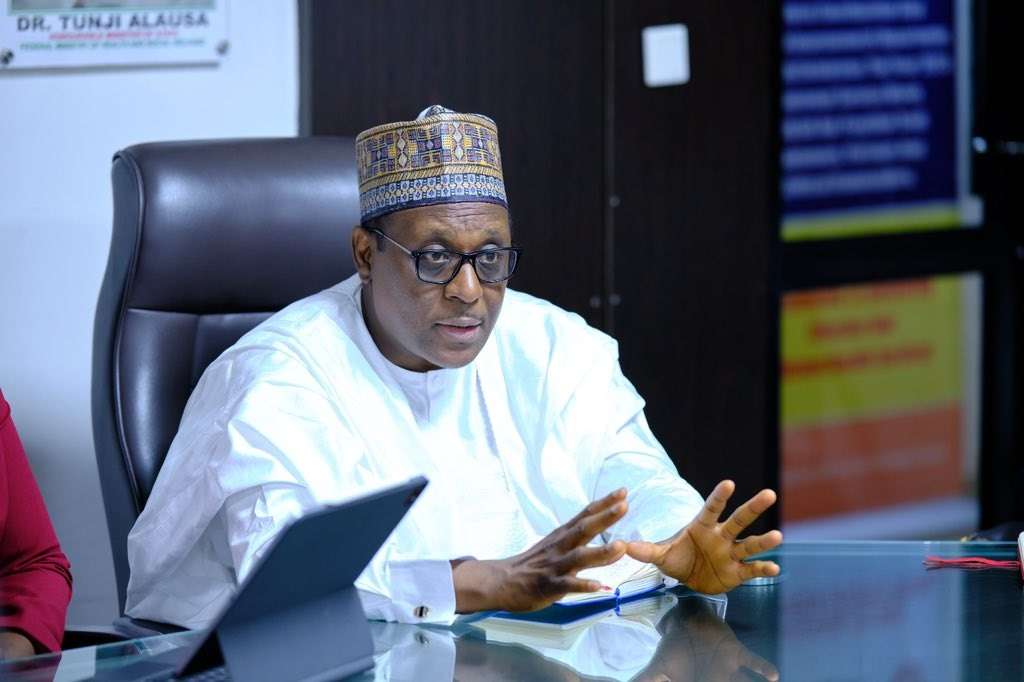
The Coordinating Minister of Health and Social Welfare, Prof Ali Pate, has unveiled a strategic blueprint to end the country’s dependence on foreign aid.
In a recent interview on Channels Television’s Hard Copy, he outlined plans to bolster domestic healthcare by ramping up local pharmaceutical production, upgrading health infrastructure, and expanding workforce training.
This reform strategy, he said is designed to ensure that Nigeria can sustain its health system independently, even as global funding uncertainties persist.
The minister noted that the recent freeze of billions in USAID funding for health and education projects has exposed deep-seated vulnerabilities in Nigeria’s health sector. He explained that the longstanding underinvestment in health infrastructure and human resources has left the nation overly reliant on unpredictable external support. The new strategy, therefore, aims to reverse this trend through decisive domestic investment and systemic reform.
Among the measures detailed, the government plans to integrate 28,000 health workers previously supported under the USAID programme, into the national health system. This move, alongside comprehensive improvements in facilities and supply chain management, is part of a broader effort to transform Nigeria’s healthcare landscape into one that is ‘resilient and self-reliant’
Speaking during the interview, Prof. Ali Pate said, “The USAID freeze has underlined our urgent need to invest in ourselves. We have long neglected the development of a unified national health system, and it is high time we change that trajectory.” He maintained that the renewed focus on domestic capacity is not merely reactive but a strategic pivot toward long-term health sovereignty. “Our commitment is clear—we must secure a steady supply of essential medicines, improve service delivery, and empower our health professionals to manage our own destiny,” he declared.
Prof. Ali Pate further explained that the government is reallocating resources to upgrade primary healthcare, enhance regulatory oversight, and streamline the healthcare value chain. “While we appreciate the support that international partners have provided in the past, the future of Nigerian healthcare lies in our ability to generate and manage our own resources. We are mobilizing the necessary funds and policy support to drive this transformation,” he stressed.
He also noted that absorbing the 28,000 health workers is a crucial element of the strategy. “These health workers are Nigerians, and integrating them fully into our system ensures continuity of care and reinforces our commitment to a self-sustaining health sector,” Pate added.
This comprehensive strategy is expected to gradually reduce Nigeria’s reliance on external funding, redirecting investments to critical areas within the health sector.
Industry analysts view the initiative as a timely and necessary response to evolving global funding challenges, with the potential to serve as a model for sustainable health system development across the country.










